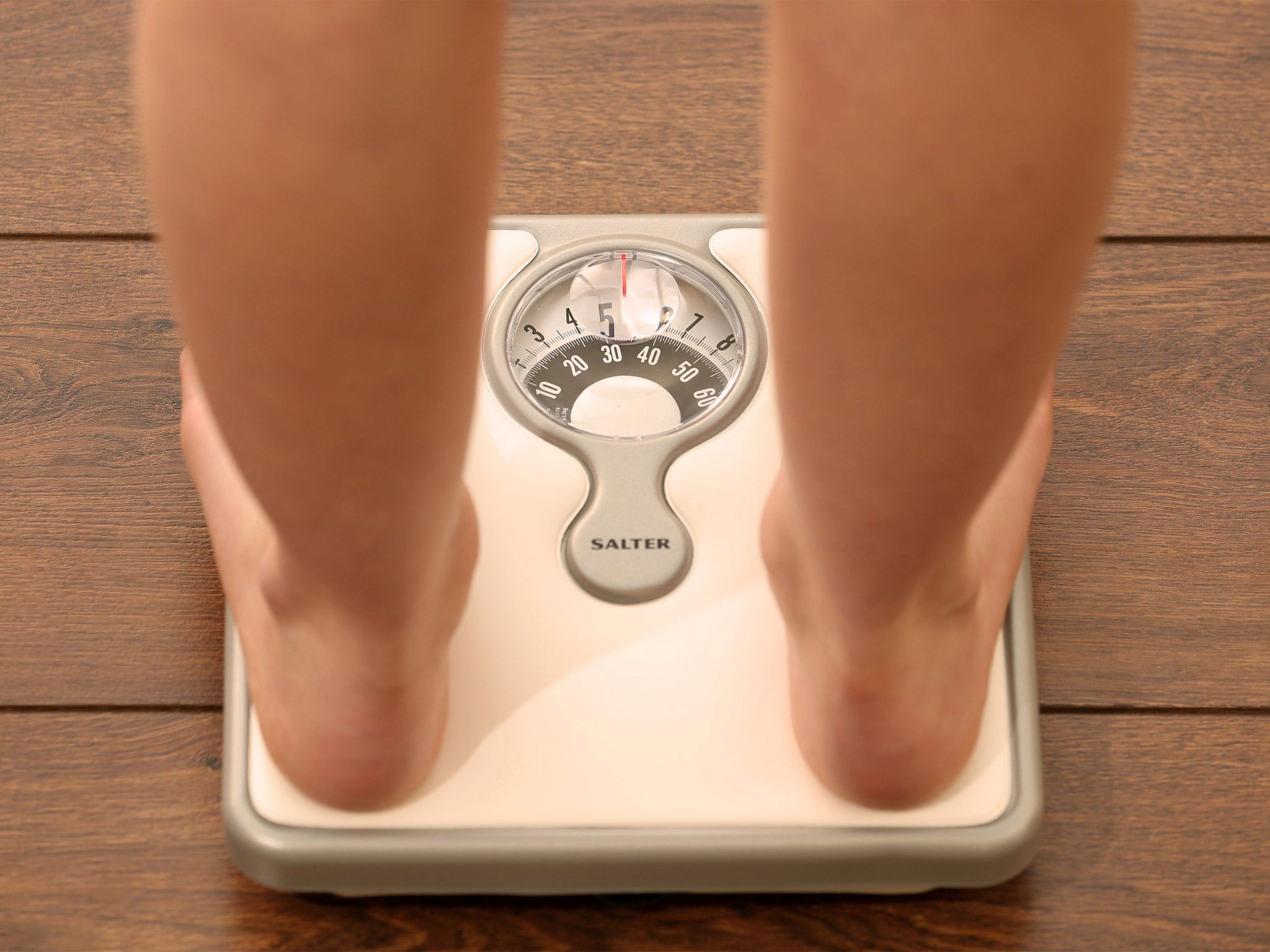Family breakdown increases likelihood of children becoming overweight or obese, study finds

Your support helps us to tell the story
This election is still a dead heat, according to most polls. In a fight with such wafer-thin margins, we need reporters on the ground talking to the people Trump and Harris are courting. Your support allows us to keep sending journalists to the story.
The Independent is trusted by 27 million Americans from across the entire political spectrum every month. Unlike many other quality news outlets, we choose not to lock you out of our reporting and analysis with paywalls. But quality journalism must still be paid for.
Help us keep bring these critical stories to light. Your support makes all the difference.
The consequences of family breakdown after a divorce may increase the likelihood of children becoming overweight or obese, a study of schoolchildren in Norway has revealed.
From a sample of more than 3,000 eight-year-olds, researchers found that children whose parents were divorced were 54 per cent more likely to be overweight or obese.
Although the study could not conclusively prove a causal link, the authors said they were consistent with findings from other studies.
As one possible explanation for the phenomenon, the authors suggested that single parents might have less time for cooking and therefore rely on “more convenient, ready-to-eat foods” which tend to be higher in fat and calories. They also theorised that emotional distress caused to children by a divorce may impact on eating behaviour and physical activity.
However, any link would have to be confirmed in larger studies, said lead researcher Dr Anna Biehl, of the Norwegian Institute of Public Health in Oslo.
The study found that boys of divorced parents were more likely to be overweight or obese than girls, a finding that Dr Biehl said was surprising.
“We wanted to understand ongoing changes in society and in children's daily life and how that might be related to the development of overweight and obesity,” she said. “The number of divorces has increased and a greater proportion of children today have divorced parents. In one or another way this might influence the children,” she said.
Join our commenting forum
Join thought-provoking conversations, follow other Independent readers and see their replies
Comments